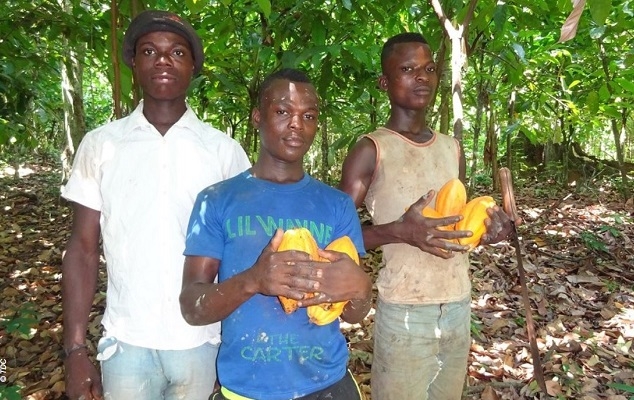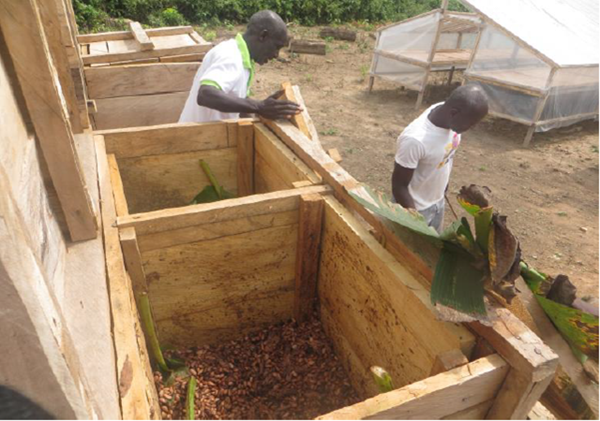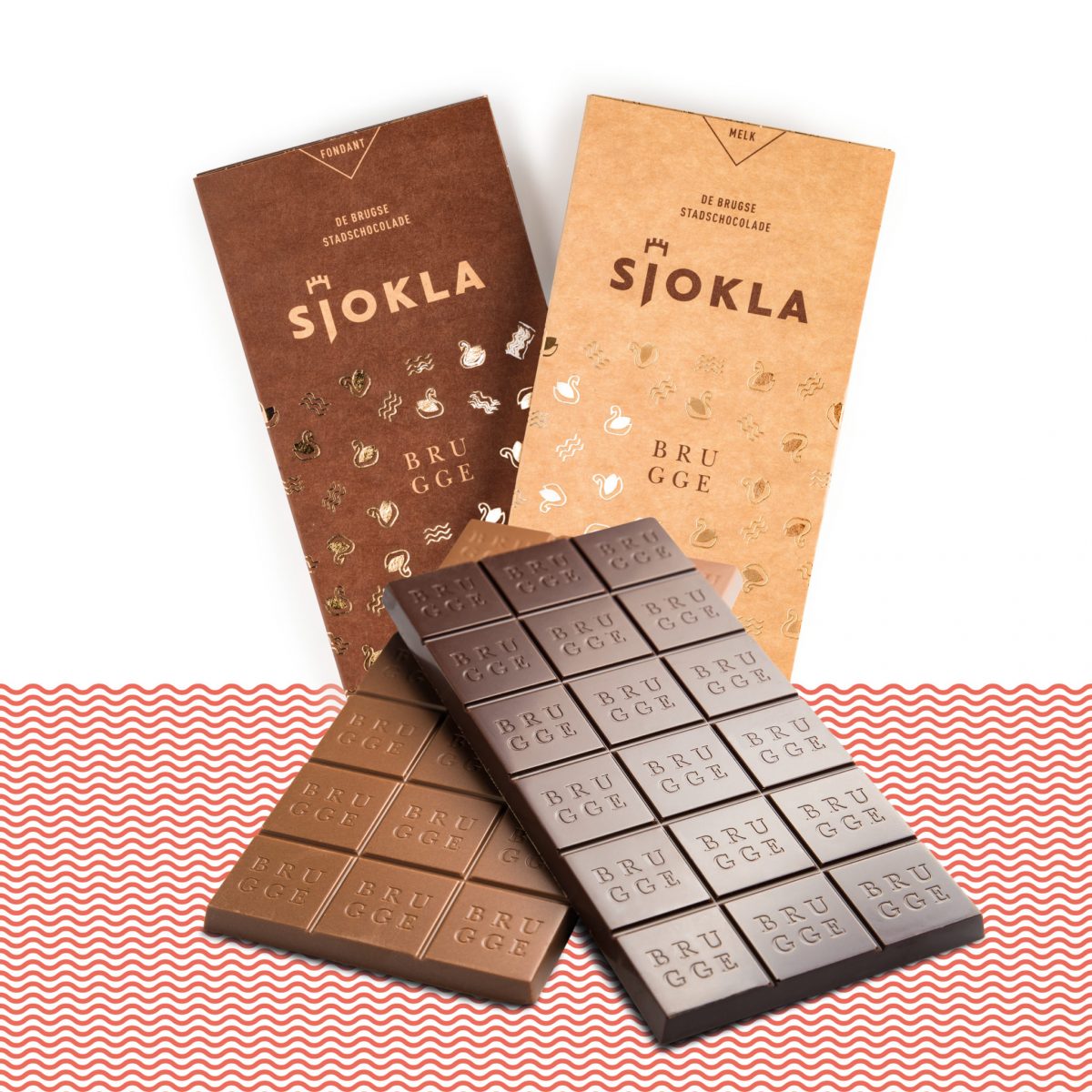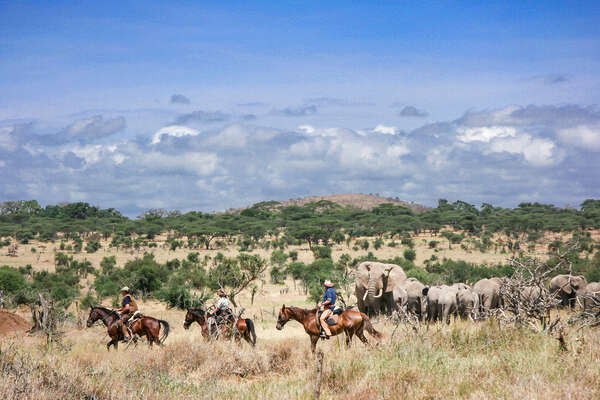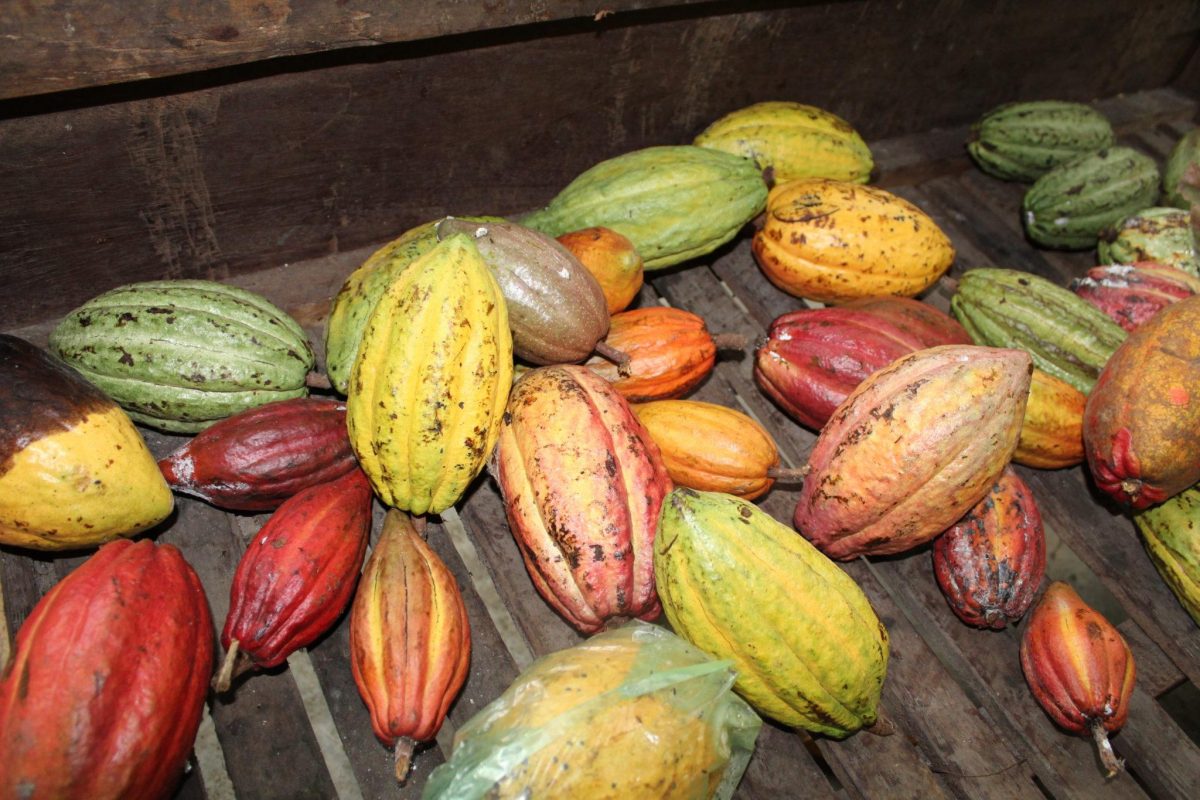In recent years, there have been numerous studies attesting that cocoa producers in Côte d’Ivoire, the main producing country, live in poverty. They earn EUR 0.86, around 1 dollar a day, according to Barry-Callebaut and the French Development Agency[1]. This income keeps them below the poverty line[2] and to make ends meet they have to resort to child labour and rampant deforestation (the productivity of cleared land required less labour in the early years).
